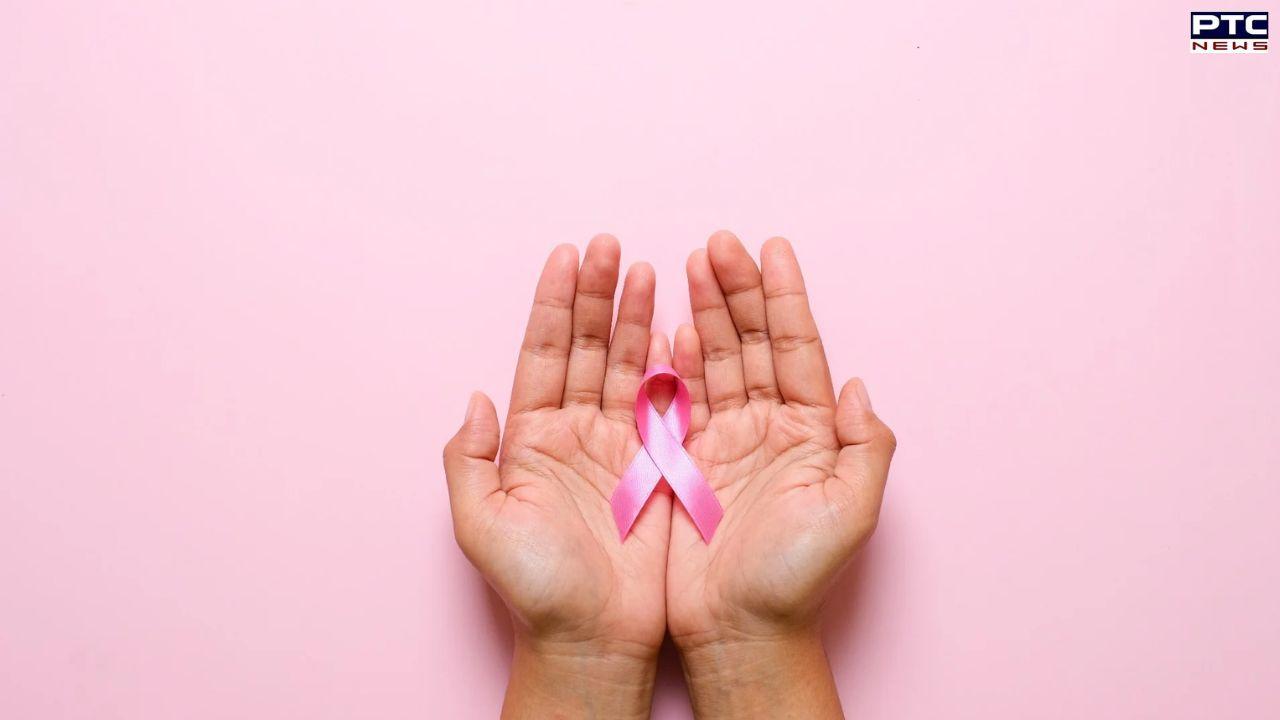
This blood test predicts breast cancer's return; here's everything you need to know
PTC Web Desk: Actor Hina Khan has been diagnosed with stage 3 breast cancer. Following the announcement, the actor spoke openly about her journey, saying she hopes her 'journey can be courageous and motivating' for others.
Hina Khan's diagnosis has once again highlighted breast cancer, the most common cancer in women in India and around the world.
People who have had breast cancer frequently experience anxiety and fear because the disease returns. Despite advances in treatment, recurrence is common and usually happens at a later stage.
In a breakthrough, a new blood test has demonstrated the ability to predict the recurrence of breast cancer three years before tumours can be detected on scans. The development could significantly improve the prognosis for many women, bringing hope for more effective long-term treatments.
Recent research presented at the American Society of Clinical Oncology's annual meeting in Chicago showed that a personalised liquid biopsy can act as an early warning system for cancer recurrence.
The trial results suggest that this test could help determine which women need preventive therapy and which can avoid unnecessary treatment.
The test detects small amounts of cancer DNA in the bloodstream, known as circulating tumour DNA (ctDNA). It has demonstrated such sensitivity that it can predict cancer recurrence months or even years before symptoms appear.
The new test, which uses whole genome sequencing, searches for 1,800 mutations, significantly increasing sensitivity over previous methods.
Also Read | Blockbuster Alert: 'Kalki 2898 AD' Outperforms 'Jawan' and 'Pathaan' with Massive Earnings
Researchers at the Breast Cancer Now Toby Robins Research Centre in London identified every patient in the trial who had a subsequent relapse. Relapses occur an average of 15 months after the test, with the longest being 41 months.
Simon Vincent, director of research at Breast Cancer Now, emphasised the importance of early detection. "These initial findings are incredibly exciting as they suggest tests could detect signs of breast cancer recurrence over a year before symptoms emerge," he stated.
"Early detection means treatment is more likely to destroy the cancer and prevent it from spreading, making it much more manageable," the doctor said.
Experts hope that these findings will lead to earlier treatment strategies. The ultra-sensitive liquid biopsy detects ctDNA released into the bloodstream by cancer cells, which frequently remain in the body following initial treatment.
The study's lead author, Isaac Garcia-Murillas from the Institute of Cancer Research (ICR) in London, explained that cancer cells that are undetectable on follow-up scans can still cause relapse.
The study examined blood samples from 78 breast cancer patients and successfully identified all 11 who relapsed during the five-year trial. There were no false negatives among the 60 patients whose tests did not show ctDNA.
Prof. Kristian Helin, ICR's CEO, emphasised the importance of early detection. "Breast cancer is much easier to treat before it spreads, so detecting recurrence early is crucial for survival," he said.
Also Read | Jasprit Bumrah and Sanjana Ganesan: A Love Story On and Off the Field
- PTC NEWS
